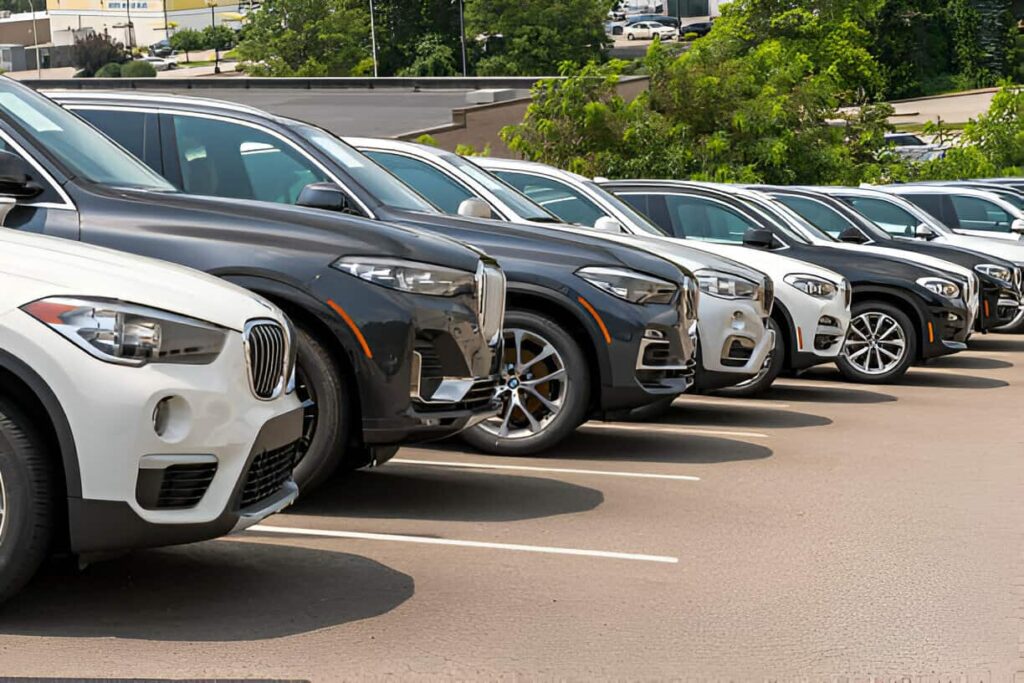As new car prices continue to rise, more consumers are exploring the pre-owned market, including options available at Lebanon used car dealerships. Enjoying benefits such as owning higher-end models at more accessible prices and purchasing used cars significantly reduces the carbon footprint of manufacturing new vehicles. This shift underscores the growing recognition of sustainability advantages alongside economic benefits. Consequently, it’s crucial to grasp market trends, depreciation rates, and valuation processes to make well-informed purchasing decisions.
Examining the Benefits of Buying Used Cars
There are several strong arguments in favor of a pre-owned car over a new one. The value of a new car can depreciate up to 20% within the first year, with a steep decline in the following years. This initial depreciation is no longer a concern when buying used, as the previous owner has absorbed the biggest depreciation hit. Furthermore, pre-owned vehicles often come with lower insurance costs, not just due to the vehicle’s age but also because some elements of the comprehensive coverage can be dropped.
Essential Tips for Researching Pre-Owned Vehicles
When looking for a high-quality used car, careful research is essential. Begin by exploring models known for reliability and longevity. Online forums and automotive reviews can provide insights into other owners’ experiences. It’s also wise to consider the cost of ownership, including projected repair expenses, fuel efficiency, and insurance rates. Reliable sources like Consumer Reports offer in-depth guides and reviews that help filter down the choices to those best matching your criteria.
How to Assess the Real Value of a Used Car
Getting a great deal requires assessing the actual value of a used car beyond the sticker price. Investigate the vehicle’s current market value by consulting recognized pricing guides and comparing similar models in your area. Consider the car’s overall condition, including both mechanical and aesthetic aspects. It’s also wise to inspect the vehicle by a qualified mechanic to unearth any potential issues that could incur costs down the line, effectively adding to the total investment.
Understanding Vehicle History Reports
Vehicles often come with a past, and a detailed vehicle history report can illuminate when considering a purchase. These reports provide a window into the car’s past, detailing previous accidents, service history, title status, and more. Services like CARFAX or AutoCheck allow consumers to access this vital information with just the vehicle identification number (VIN). It’s an indispensable tool for avoiding vehicles with hidden problems that could affect their value and safety.
Negotiating Like a Pro: Advice for Used Car Buyers
Negotiation skills can significantly impact the final asking price when it’s time to talk numbers. Preparation is vital—enter negotiations clearly, understanding the car’s value and a maximum budget. Don’t be afraid to highlight any concerns discovered during your inspection to justify offering a lower price. Remember to maintain your composure and be prepared to leave if the terms don’t satisfy you.
Post-Purchase Considerations for Pre-Owned Vehicles
Once the deal is struck and the keys are in hand, there are still considerations to ensure your new-to-you vehicle remains a valuable asset. Explore extended warranty options to cover unexpected repairs. Establish a comprehensive maintenance routine, and consider a membership with a roadside assistance program for added peace of mind.
Responsible Ownership: Maintaining Your Used Vehicle
Proper maintenance is the foundation of long-term vehicle reliability and performance. Stay on top of regular services, such as oil changes, tire rotations, and brakes, to keep your car running smoothly. Preventive care can help mitigate costly future repairs and extend your vehicle’s lifespan, ensuring that the value of your purchase endures.
Entering the pre-owned vehicle market is a journey ripe with opportunities for the informed buyer. By leveraging solid research, understanding a vehicle’s history, and practicing savvy negotiation, purchasers can drive away with pride and the knowledge that they’ve made a wise investment. Additional resources are available for those looking to learn more about how to buy a used car, ensuring that every step of the process is navigated with confidence and understanding.
Also read –



